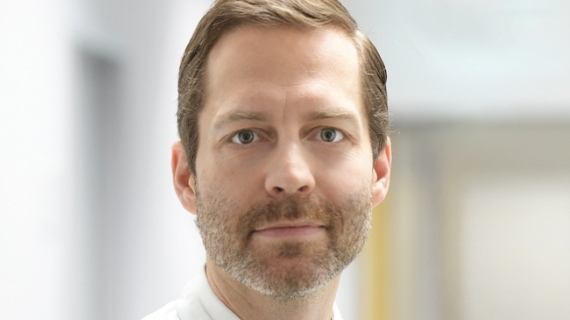Falk Schwendicke
Artificial intelligence for dental diagnostics and decision-support: hype or chance?

- Professor and Head of Department, Oral Diagnostics, Digital Health and Health Services Research
- Falk’s research focus is on data-driven dentistry, including AI, as well as dental diagnostics, cariology and restorative dentistry, preventive and public health
- He has authored over 300 articles, edited various books and provided over 20 book chapters on a range of issues
- He leads the topic group AI for Dental Health at the WHO/ITU, presides over the German Association for AI in Dentistry and is advisor for numerous bodies like FDI on AI for dental applications
- Falk was awarded a range of prestigious awards, among them the Basil Bibby and Lion Award of the IADR, as well as the David Sackett Award of the German Network for Evidence-based Medicine
- He serves as Associate Editor of the number 1 dental journal, the Journal of Dental Research
- His work on AI for dental imagery analysis led to the first dental Charité spin-off, dentalXrai Ltd.
Nationality: Germany
Scientific areas: Innovations in dentistry
5 of november, from 14h30 until 15h45
Auditorium C
Conference summary
At the dawn of the data era, medicine is becoming the subject to vested interests from tech companies and digital giants; artificial intelligence (AI) is a buzzword. The presentation will discuss what AI is, how it works and why it may revolutionize medicine and assist dental diagnostics and decision-support. AI as a means to leverage medical data will facilitate a more personalized, preventive care and will pave the way towards minimal invasive management of diseases, oral ones like dental caries among them. We will present specific use cases, highlight where they would fit into clinical practice but also demonstrate the limitations in current AI applications in dentistry.
Learning objectives:
1. To understand basic principles of AI and machine learning.
2. To provide an overview about AI usecases, their chances and limitations in dentistry.
3. To be able to appraise current AI solutions in dentistry.